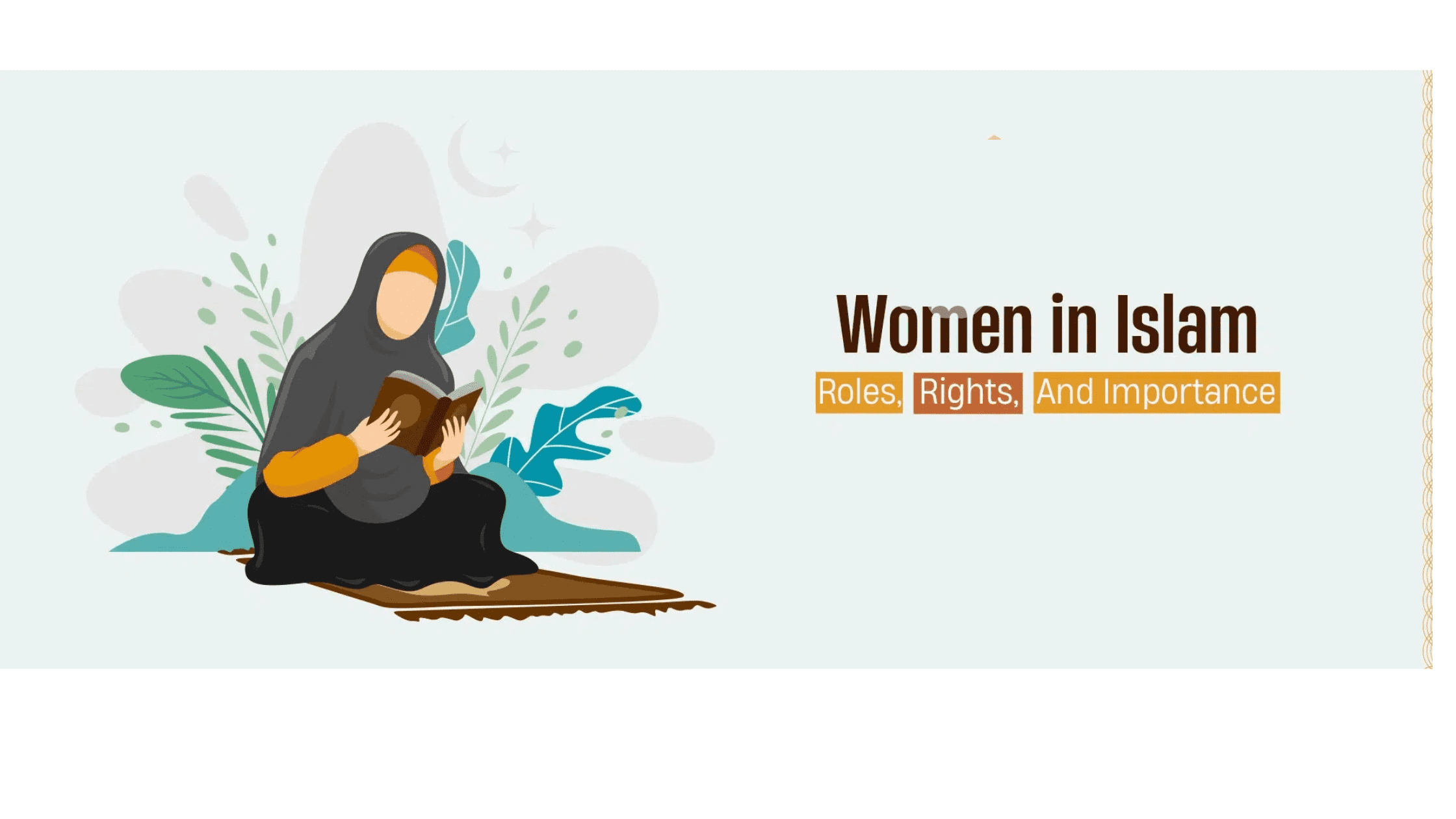
The Quran, the holy book of Islam, provides a foundation for gender equality that was revolutionary at the time of its revelation. It established clear guidance on the treatment, rights, and roles of women, aiming to protect them and grant them autonomy in social, financial, and spiritual matters. Despite common misconceptions, the Quran offers a progressive approach to women’s status, often misunderstood due to historical and cultural misinterpretations.
This article explores Quranic verses on women’s rights and the principles of justice, respect, and equality within Islam, showcasing how these teachings apply to various aspects of women’s lives.
1. The Historical Context of Women’s Rights in Islam
In pre-Islamic societies, women often faced severe oppression, treated more as property than as individuals with inherent dignity and rights. The arrival of Islam brought about a paradigm shift, introducing rights for women that were groundbreaking. The Quran not only promoted women’s social and financial independence but also emphasized their spiritual equality with men, a concept that was virtually unheard of in 7th-century Arabia.
The Quran does not present women’s rights as a temporary reform but rather as part of the eternal divine law. Over centuries, certain cultural practices have led to a misunderstanding of Islam’s teachings on women. However, a careful reading of Quranic verses on women’s rights shows the clear intention of uplifting women and honoring their dignity.
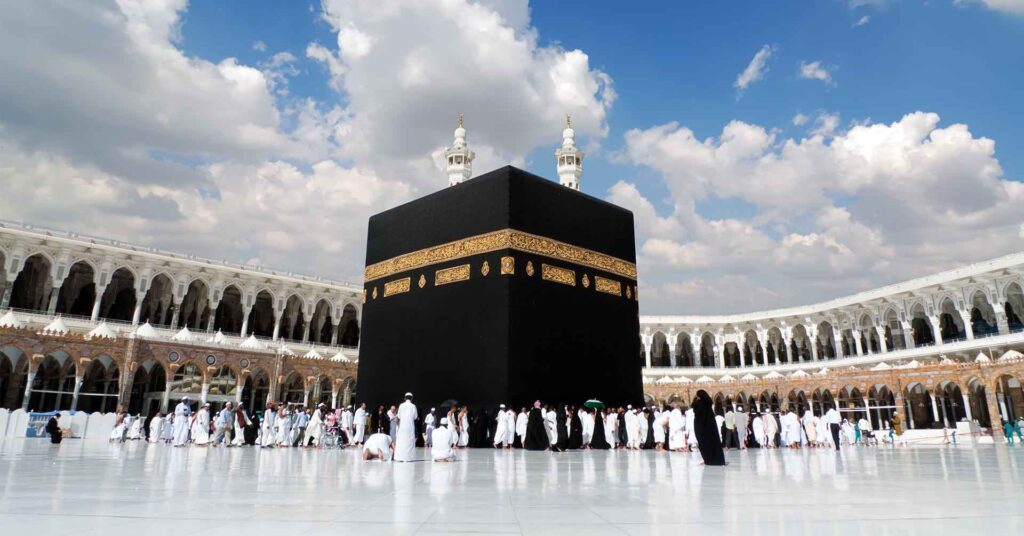
2. Key Quranic Verses on Women’s Rights
The following Quranic verses on women’s rights highlight the Quran’s guidance on issues such as equality, education, financial independence, and marriage. These verses include the original Arabic text followed by English translations, helping readers appreciate the full depth of the message.
a. Equality and Dignity in Creation
The Quran states that both men and women come from a single soul, emphasizing their inherent equality.
Arabic:
يَا أَيُّهَا النَّاسُ اتَّقُوا رَبَّكُمُ الَّذِي خَلَقَكُم مِّن نَّفْسٍ وَاحِدَةٍ وَخَلَقَ مِنْهَا زَوْجَهَا وَبَثَّ مِنْهُمَا رِجَالًا كَثِيرًا وَنِسَاءً
Translation:
“O mankind, fear your Lord, who created you from one soul and created from it its mate and dispersed from both of them many men and women.” (Quran 4:1)
This verse signifies that all human beings share the same origin and are therefore equal before God. Men and women are seen as partners who complete each other, each with unique roles that contribute to the wellbeing of society.
b. The Right to Education and Knowledge
Islam places a high value on education for both men and women. The pursuit of knowledge is viewed as an obligation for all Muslims, and women’s education is highly encouraged.
Arabic:
قُلْ هَلْ يَسْتَوِي الَّذِينَ يَعْلَمُونَ وَالَّذِينَ لَا يَعْلَمُونَ
Translation:
“Say, ‘Are those who know equal to those who do not know?’” (Quran 39:9)
Though this verse does not specifically mention gender, it suggests that knowledge elevates one’s status. The Prophet Muhammad (peace be upon him) emphasized the importance of education for both men and women, famously stating, “Seeking knowledge is an obligation upon every Muslim.” This foundational principle has empowered generations of Muslim women to pursue knowledge and self-development.
c. Economic Rights and Financial Independence
The Quran grants women financial rights, including the right to own property, manage their wealth, and receive inheritance.
Arabic:
لِلرِّجَالِ نَصِيبٌ مِّمَّا تَرَكَ الْوَالِدَانِ وَالْأَقْرَبُونَ وَلِلنِّسَاءِ نَصِيبٌ مِّمَّا تَرَكَ الْوَالِدَانِ وَالْأَقْرَبُونَ مِمَّا قَلَّ مِنْهُ أَوْ كَثُرَ ۚ نَصِيبًا مَّفْرُوضًا
Translation:
“For men is a share of what the parents and close relatives leave, and for women is a share of what the parents and close relatives leave, be it little or much – an obligatory share.” (Quran 4:7)
This verse explicitly states that women have the right to inherit, a revolutionary idea at the time. Unlike in many other societies, where women were dependent on male relatives, Islam grants women financial autonomy. Women in Islam can also engage in business, work, and keep their earnings, free from any claims by their husbands or male relatives.
d. Marital Rights and Responsibilities
The Quran discusses marriage as a partnership based on mutual consent, kindness, and respect.
Arabic:
وَعَاشِرُوهُنَّ بِالْمَعْرُوفِ
Translation:
“And live with them in kindness.” (Quran 4:19)
Islam places emphasis on the quality of the marital relationship, urging men to treat their wives kindly and considerately. Marriage in Islam is not merely a contractual relationship; it is seen as a means of emotional and spiritual fulfillment. Furthermore, both men and women have the right to end a marriage if it is no longer fulfilling or has become harmful.
e. Modesty and Personal Autonomy
The Quran promotes modesty for both men and women, focusing on inner character and self-respect rather than solely on appearance.
Arabic:
قُل لِّلْمُؤْمِنِينَ يَغُضُّوا مِنْ أَبْصَارِهِمْ وَيَحْفَظُوا فُرُوجَهُمْ ۚ ذَٰلِكَ أَزْكَىٰ لَهُمْ ۗ إِنَّ اللَّهَ خَبِيرٌ بِمَا يَصْنَعُونَ
Translation:
“Tell the believing men to lower their gaze and guard their private parts; that is purer for them. Indeed, Allah is Acquainted with what they do.” (Quran 24:30)
While modesty is often misunderstood as being directed solely at women, this verse first instructs men to practice modesty. Islam calls for mutual respect and dignified behavior, encouraging a balanced approach to personal conduct that applies to all genders.
3. Addressing Common Misconceptions about Women’s Rights in Islam
Some Quranic verses on women’s rights have been misunderstood, often due to cultural biases or lack of contextual interpretation. Addressing these misconceptions helps clarify the true teachings of the Quran:
- Guardianship (Qiwamah): The concept of Qiwamah, often translated as “guardianship,” does not imply male superiority. Instead, it designates men as protectors and providers, particularly in matters of financial responsibility within the family. This role does not give men the right to control or oppress women but rather to support and care for their family members.
- Modesty and Hijab: Modesty, or Hijab, in Islam goes beyond clothing. It represents an overall attitude of humility and respect for oneself and others. While certain dress guidelines exist, they are intended for both men and women, encouraging dignity and respect in interactions.
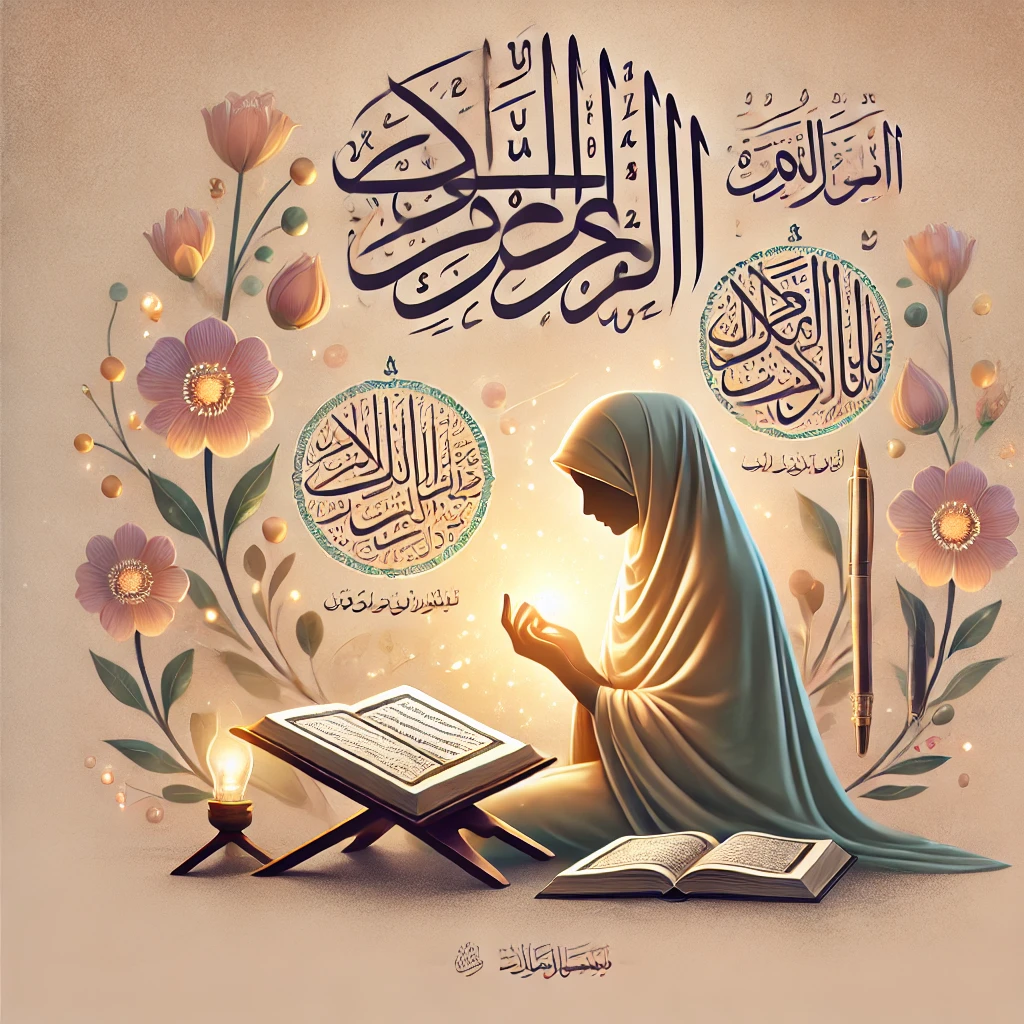
4. Modern Interpretations of Quranic Verses on Women’s Rights
In recent years, scholars have revisited Quranic interpretations to promote a better understanding of women’s rights in Islam. They emphasize that the Quranic principles of justice, compassion, and equality align well with modern ideals of gender equality. This movement highlights the Quran’s timeless approach to empowering women and elevating their status in both the public and private spheres.
Muslim women worldwide are increasingly reclaiming their rights and challenging cultural norms that contradict Islamic teachings. From education and career choices to participation in social and political life, Muslim women are using the Quran as a source of strength and guidance.
5. Quranic Verses on Women’s Rights: A Comparative Religious Perspective
The Quran’s stance on women’s rights is often viewed as progressive, especially when compared with other ancient religious texts. The Quran explicitly grants women economic and social rights, advocating for their independence and protection. These Quranic teachings highlight Islam’s commitment to justice and fairness, values that remain relevant and meaningful in contemporary society.
For those outside the Muslim community, understanding Quranic verses on women’s rights can shed light on Islam’s approach to gender equality, which is often misunderstood or misrepresented.
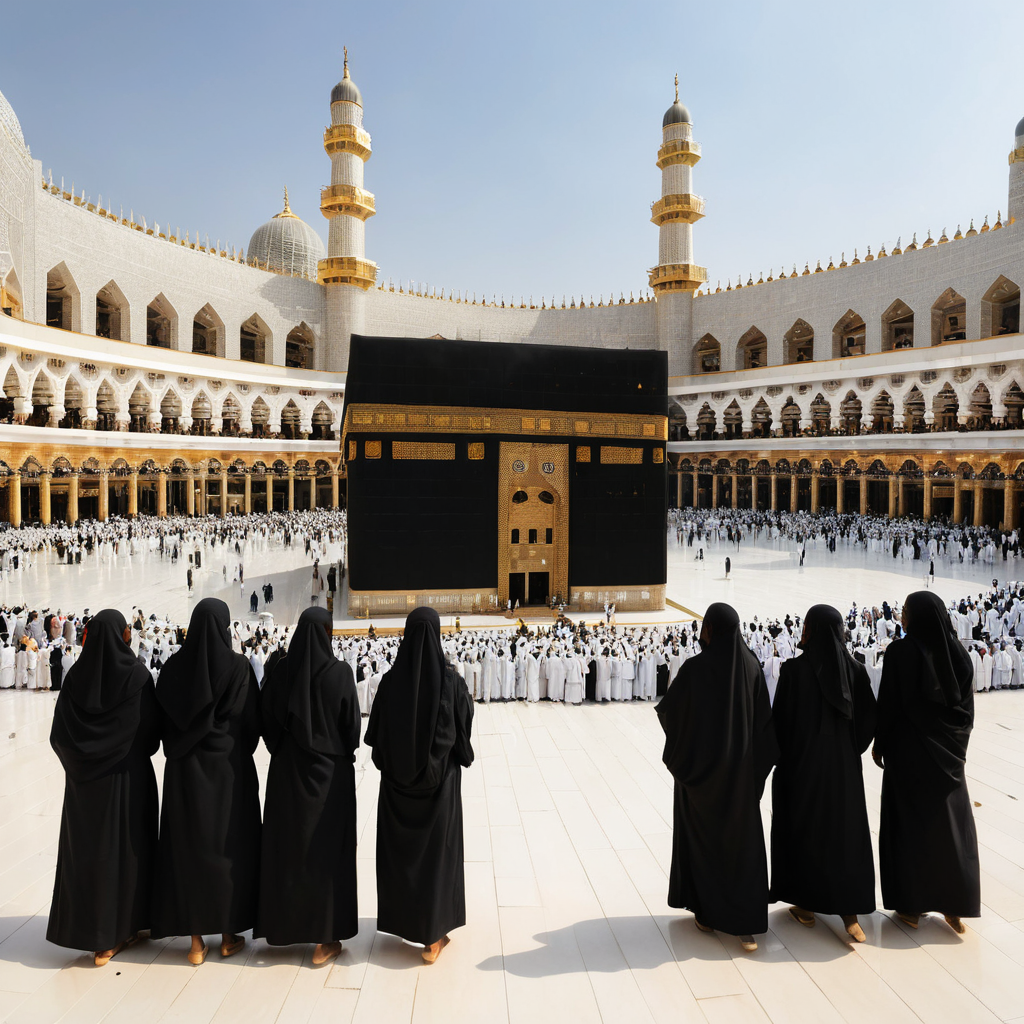
Conclusion
The Quranic verses on women’s rights demonstrate Islam’s commitment to promoting equality, compassion, and justice for all. These verses provide a framework that encourages dignity, autonomy, and respect for women, making Islam one of the first religious traditions to champion women’s rights comprehensively.
Through education, economic empowerment, and equality in marriage, the Quran highlights the vital role women play in society. By understanding these teachings, Muslims and non-Muslims alike can appreciate the Quran’s message of empowerment for women and its call for a just and equitable society.
 Colors
Colors 
 Support
Support 

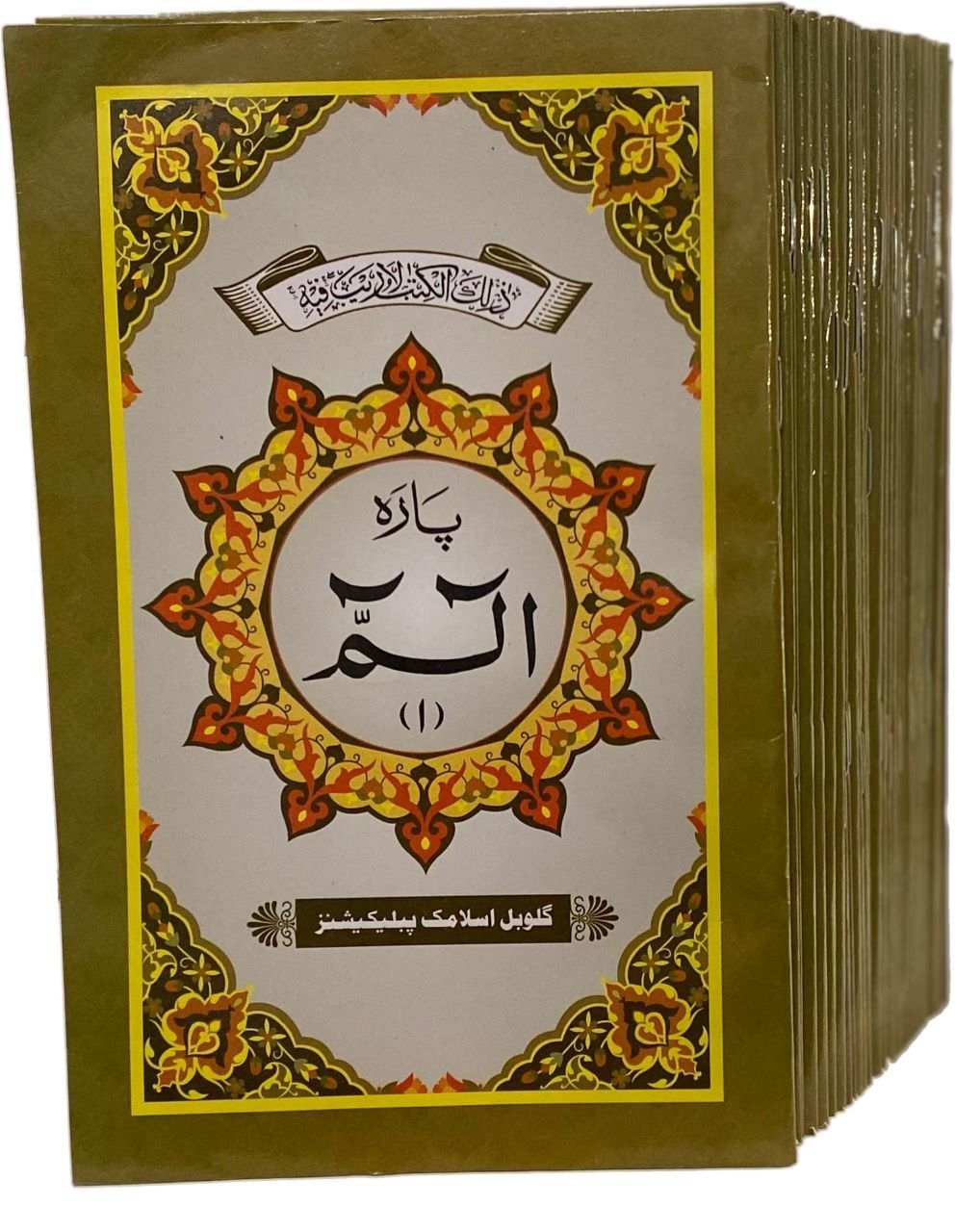






ZAMARA
November 18, 2024A good read